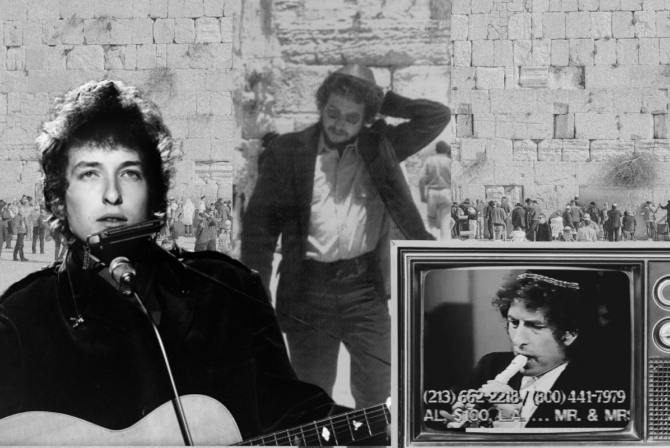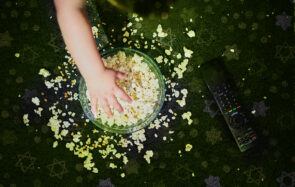This Thanksgiving, like the over a dozen that came before it, Jesus will be thanked at my table.
Why? Because even though we usually host, we celebrate with my husband’s parents, siblings. and their families. And I ask my husband’s father, who is an active member of Harlem’s St. Mark’s United Methodist Church, to say the blessing over the meal.
Why? Because he is the oldest man there and as such deserves the honorarium. (Please do not rally to revoke my feminist card and/or remind me that his wife, my husband’s mother, is the oldest woman there and also deserves honor and respect. She does. Which is why I honor her wishes of asking her husband to do it.)
READ: Mayim Bialik: My Jewish Take on Thanksgiving
My father-in-law says his Thanksgiving blessing the way he wants to say it. And that includes Jesus Christ, amen.
I have written in the past about how both my husband and I don’t believe it’s our right to educate older people who have lived through hardships we can’t possibly imagine, about the latest trends in fashionably approved speech. And we tell our kids the same thing. Before you judge something Grandma or Grandpa said, how about you take a moment to think about why they might have said it and what circumstances in life led them to believe it. And then keep your opinions to yourself, in any case. Like most American universities these days, our Thanksgiving table isn’t a free speech zone, either.
Last year, I asked an Indian guest to say a Hindu prayer before the meal, as well. Nobody found that odd. I know of Jews who work Buddhist and Native American blessings into their weddings and other traditional celebrations. But give Jesus Christ equal time and suddenly it’s a shanda.
Granted, if it was just my own, nuclear family, mentioning Jesus would be weird. We have a Jewish household. We host seders and Shabbat dinners and my daughter goes to a Jewish day school.
READ: Mayim Bialik: Top 5 Things Happening for Thanksgiving
But, at Thanksgiving, it’s not just us. It’s also people who—against their personal preference—have put up with my insistence on having a Jewish home. Who had their grandsons receive a bris and their granddaughter a baby naming instead of baptisms. (My husband’s grandmother used to periodically ask me, “Can I take the baby to the church and have him baptized?” “No,” I’d always say. “Why?” she’d wonder. “Because we’re Jewish,” I’d remind. “Ohhhhh….” We had this conversation at least three times, and even though she lived to be 91, her mind remained sharp as a tack, so it wasn’t a case of senility. I think she was just hoping I’d be the one to forget.) These are people who have accepted that we don’t go to their church (though we have gone for special events as visitors), and who have, on those occasions when Passover and Easter overlap, set out a plate of matzah.
In other words, they’ve made sacrifices—or, at least, concessions—for me. I can do the same for them. It seems the Jewish thing to do. All that honoring your mother and father stuff.
And here’s the kicker. Over the past few years, my mother-in-law has been getting more and more interested in Judaism. She joined an Old Testament bible study group at her church. She hosted a seder there (and called me to find out if one ceremonial plate would do, or does everyone need their own?). She came to Simchat Torah to watch them unroll the scroll. (I asked a rabbi if her converting would automatically trickle down to my husband. No such luck.) And at Christmas-time at her house, she asked me to bless the food “Jewish style.”
READ: Thanksgiving and the American Jew
I am not afraid of Jesus Christ. The same way I am not afraid of my daughter learning about Greek gods. (Dressing up like one for Purim is another story.) I’m not afraid of Hindu blessings or cousins who invite us to their Catholic confirmation in pretty much the same way I’m not afraid that an interest in art or ballet classes will make my sons gay. I just don’t think anyone can make anyone anything. (Inquisition and other forced conversions aside, obviously.)
Maybe I have particularly stubborn children. Maybe I’m particularly stubborn and have a disproportionate faith in my ability to convey my beliefs to them. Maybe I’m just completely wrong about everything.
But this Thanksgiving, my Jewish children will hear their grandfather thank Jesus Christ for the food they are about to eat. And they will say Amen.







